Anastasiia, She Folds Her Memories Like A Parachute
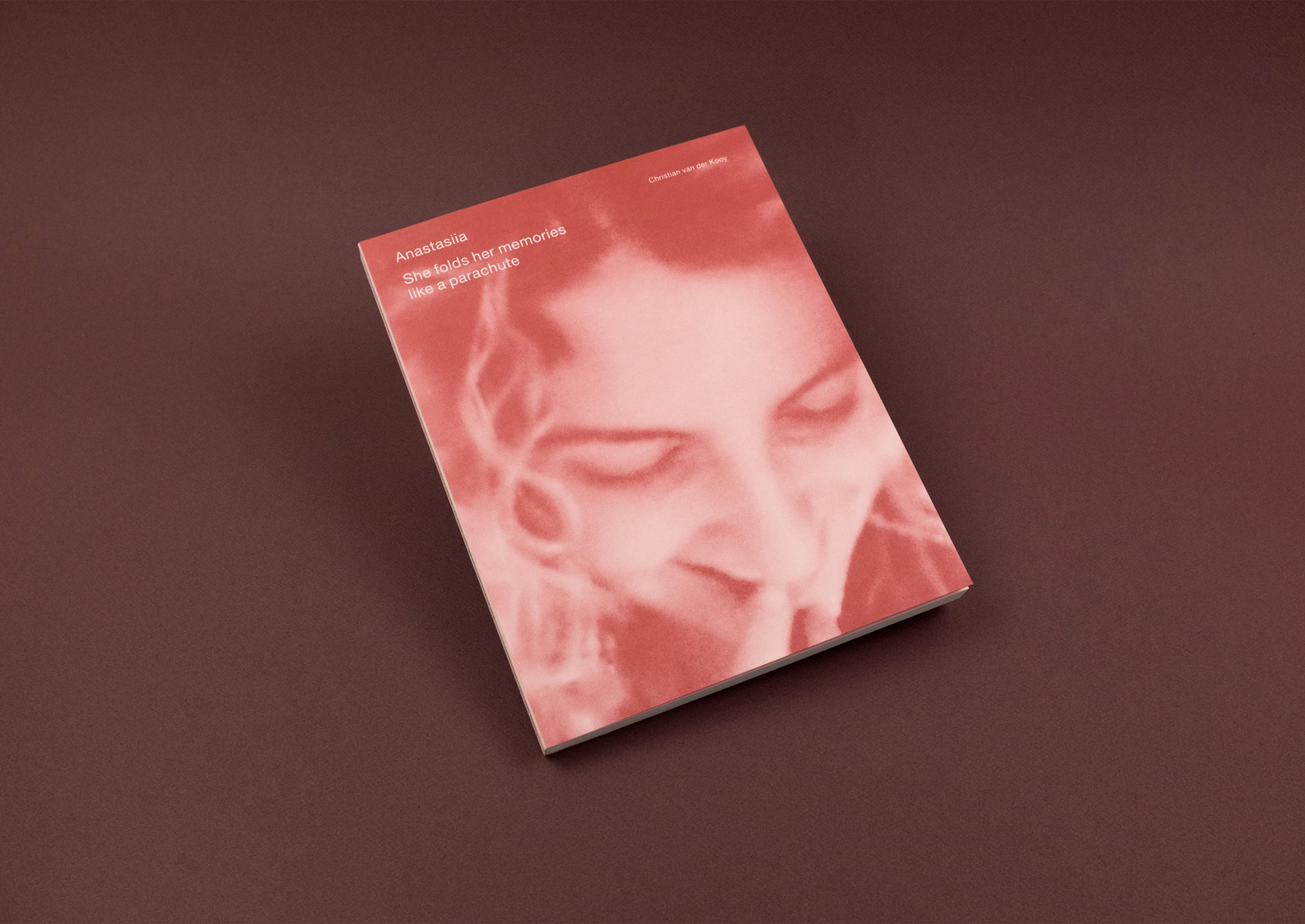

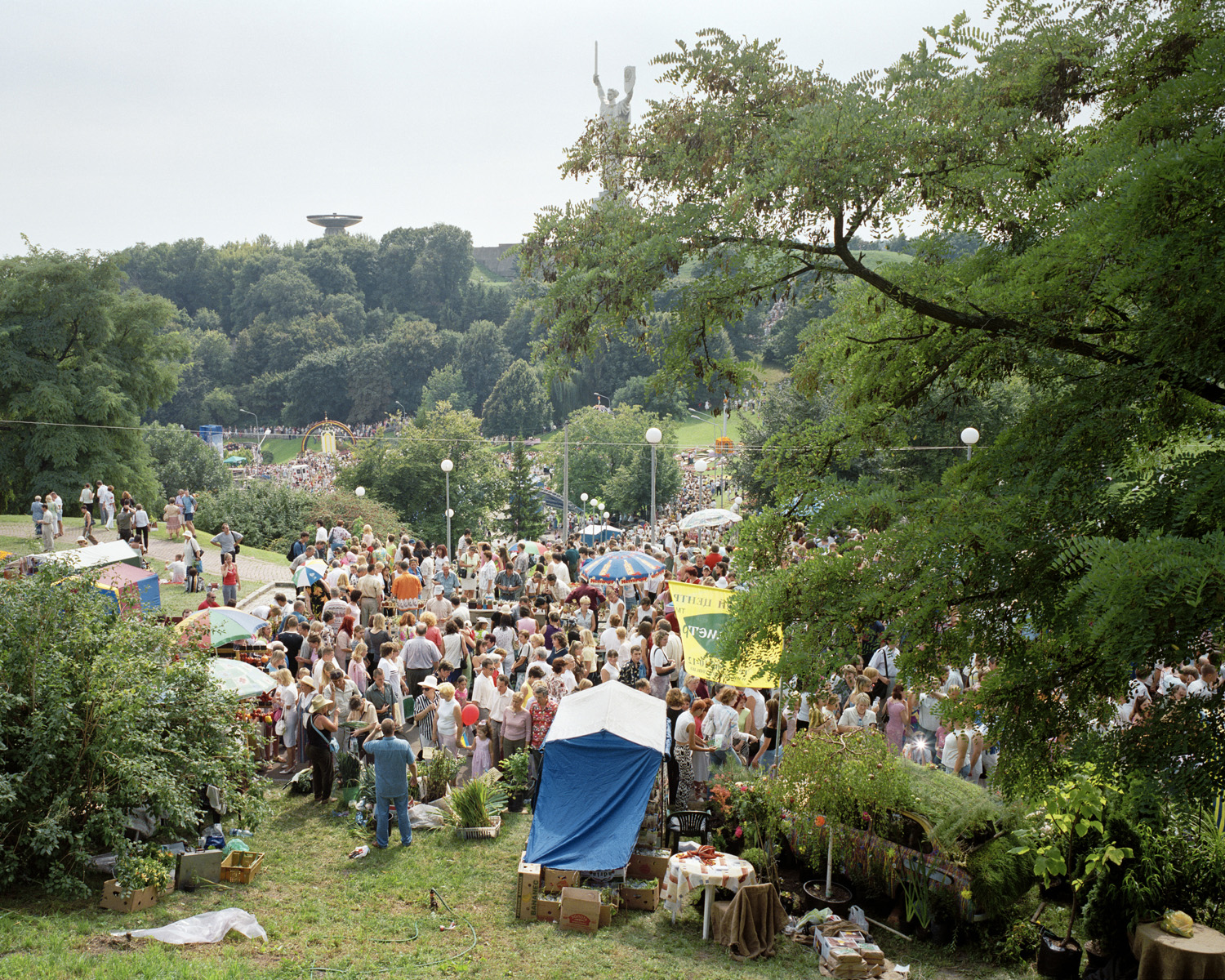



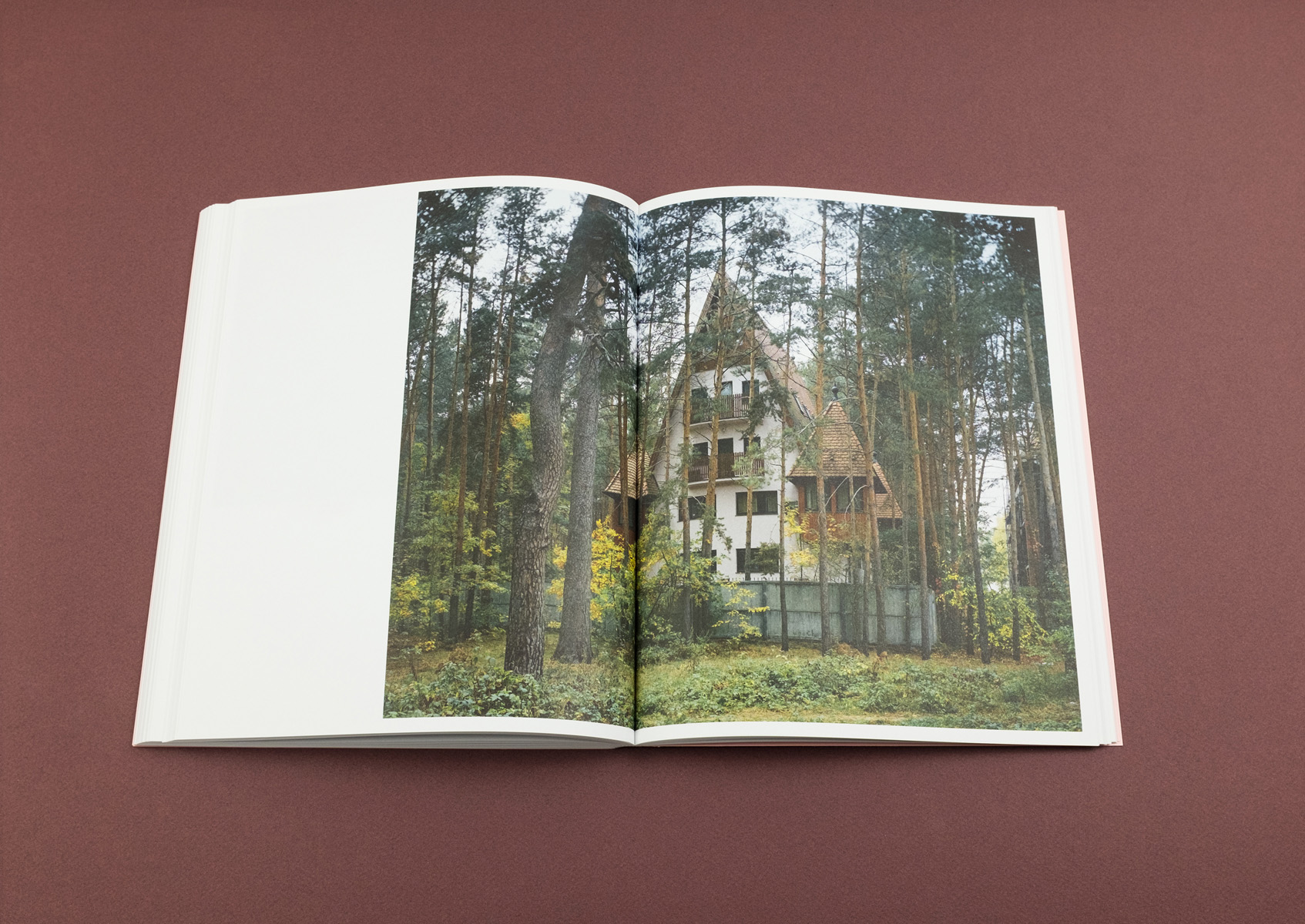
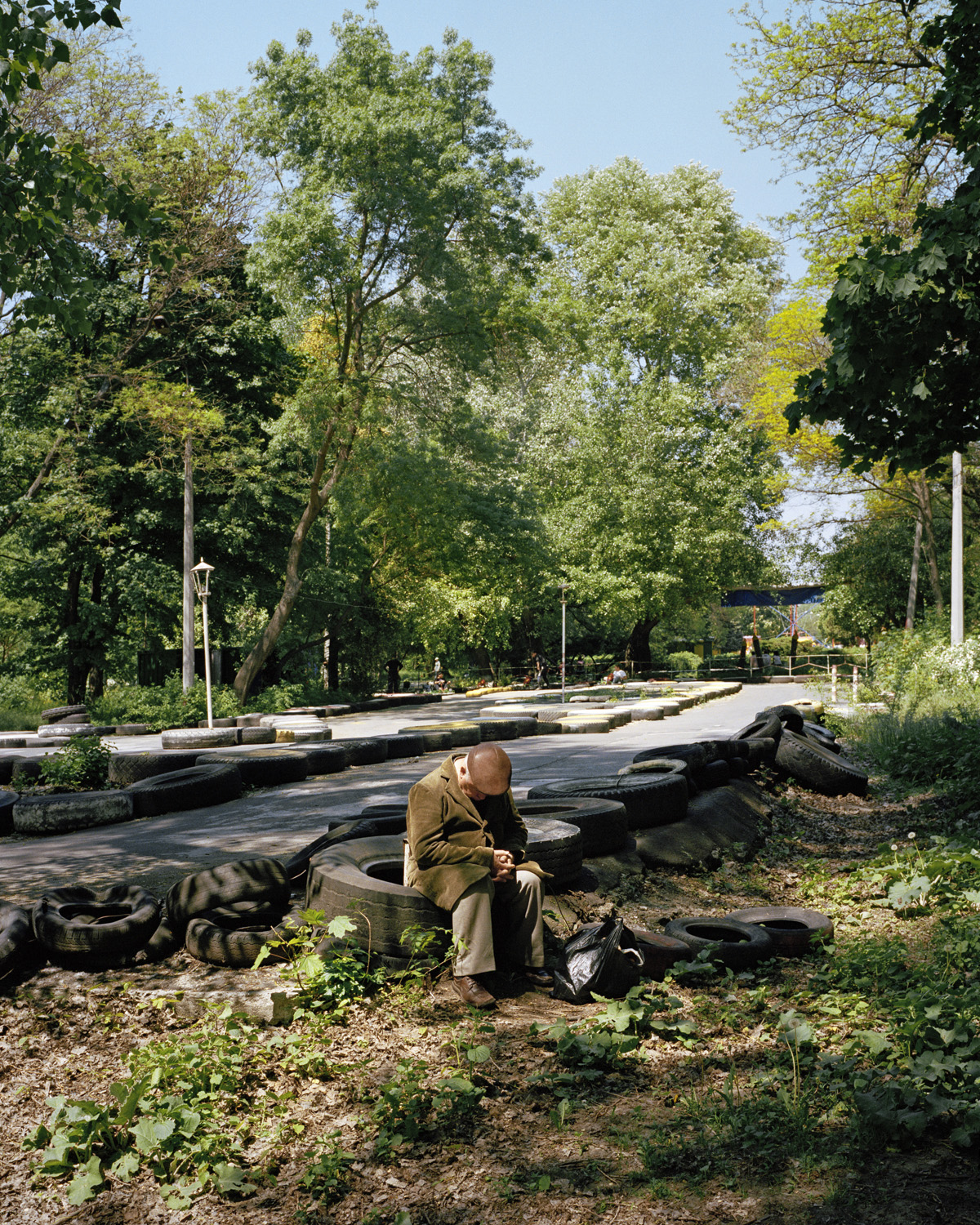
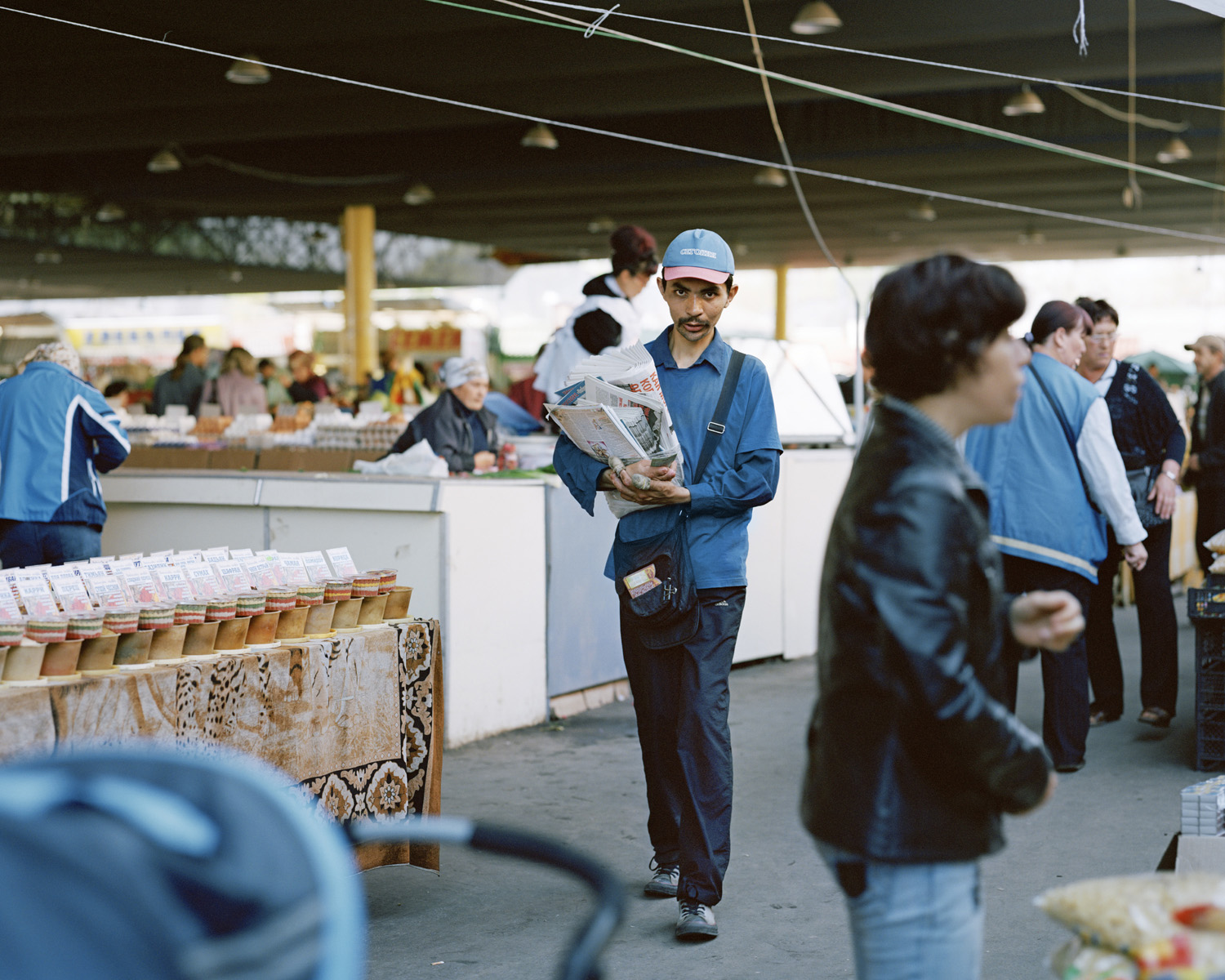




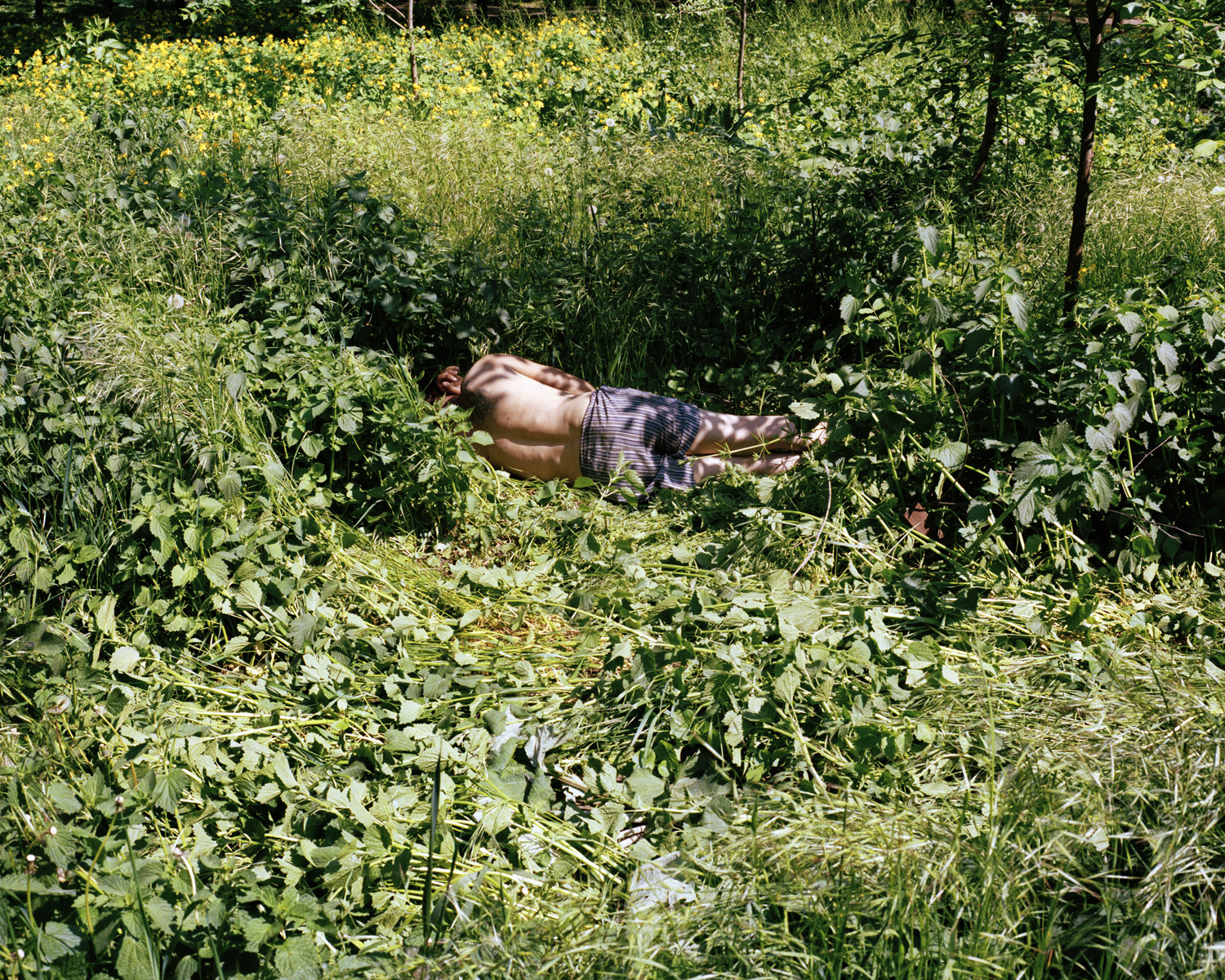

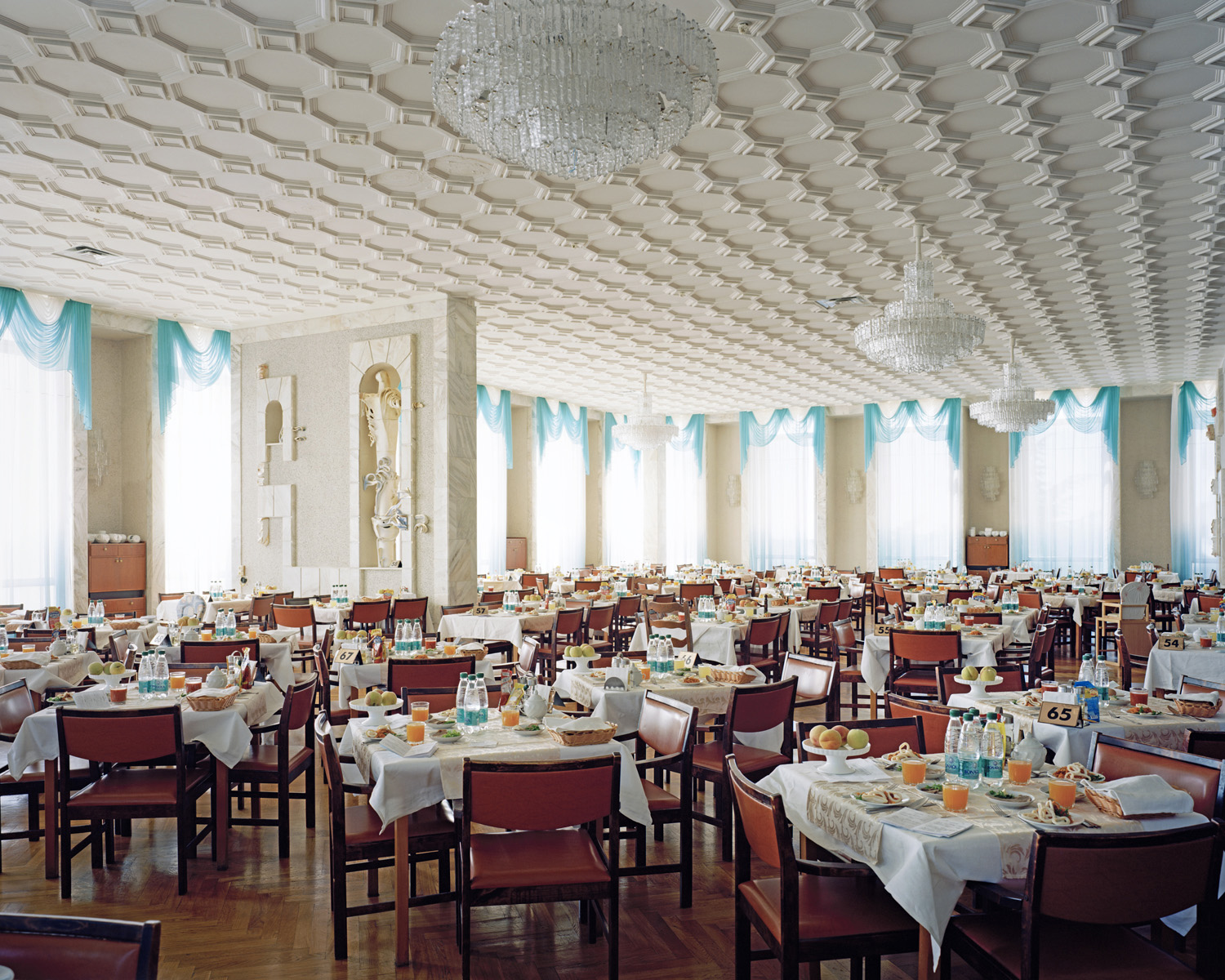
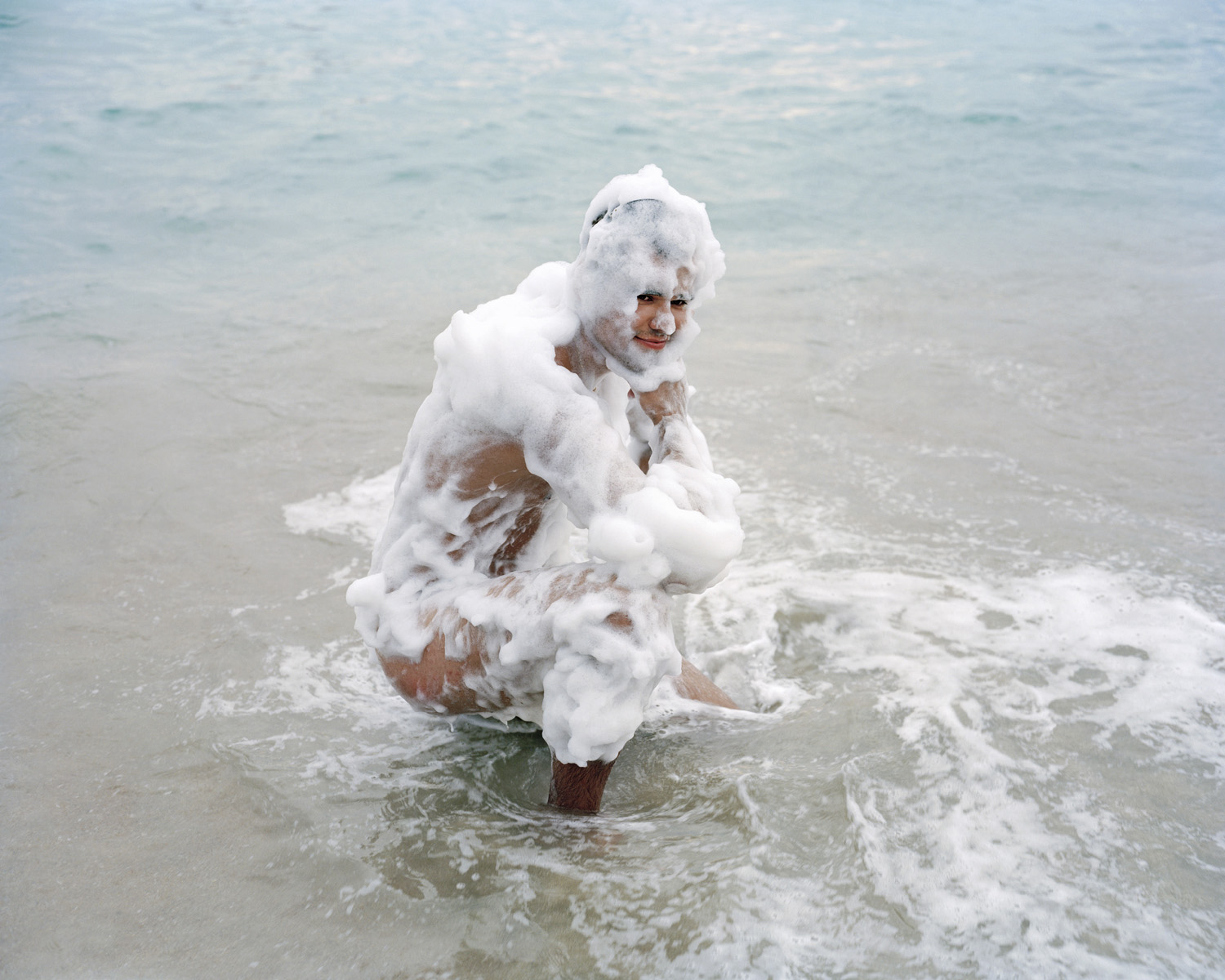
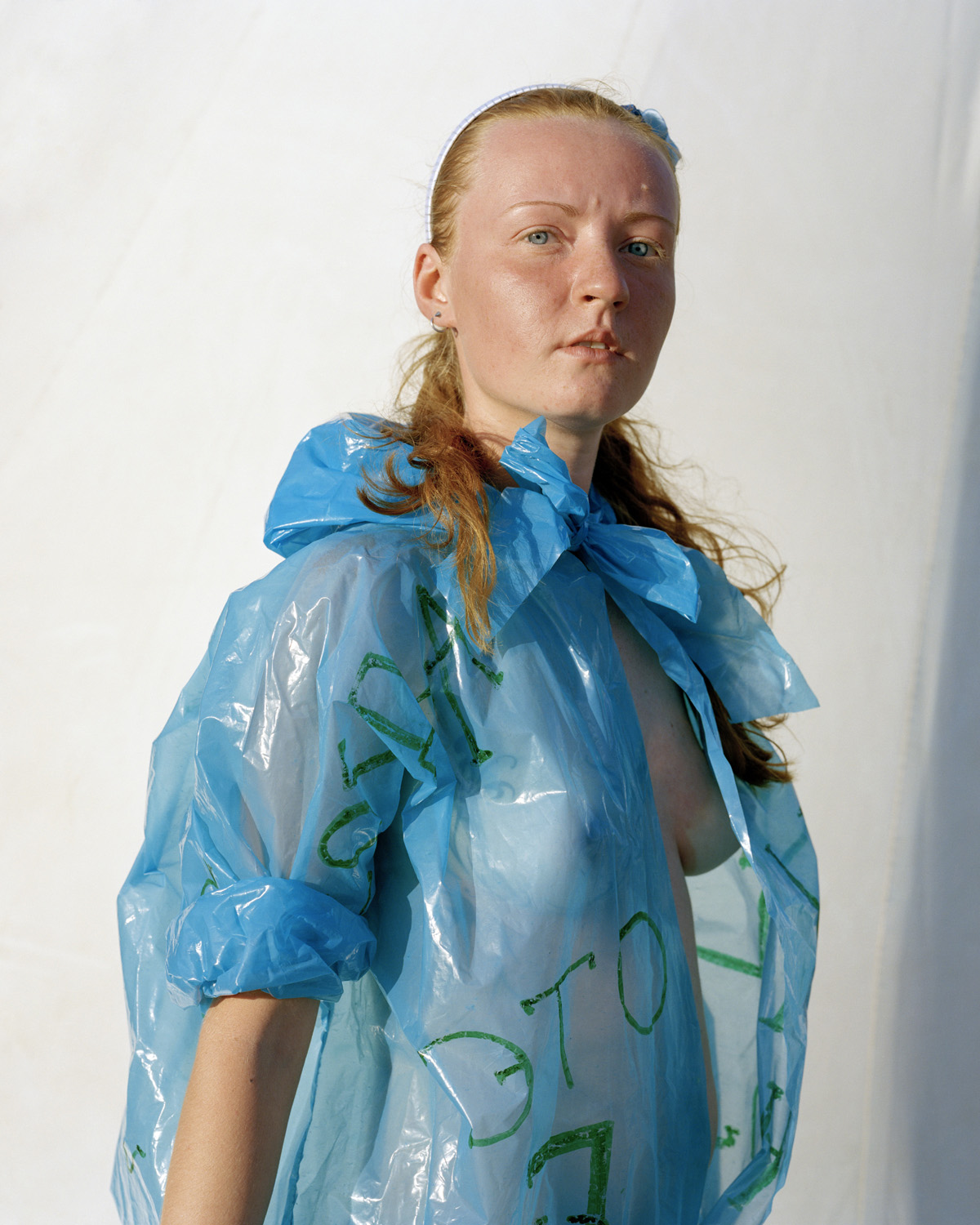
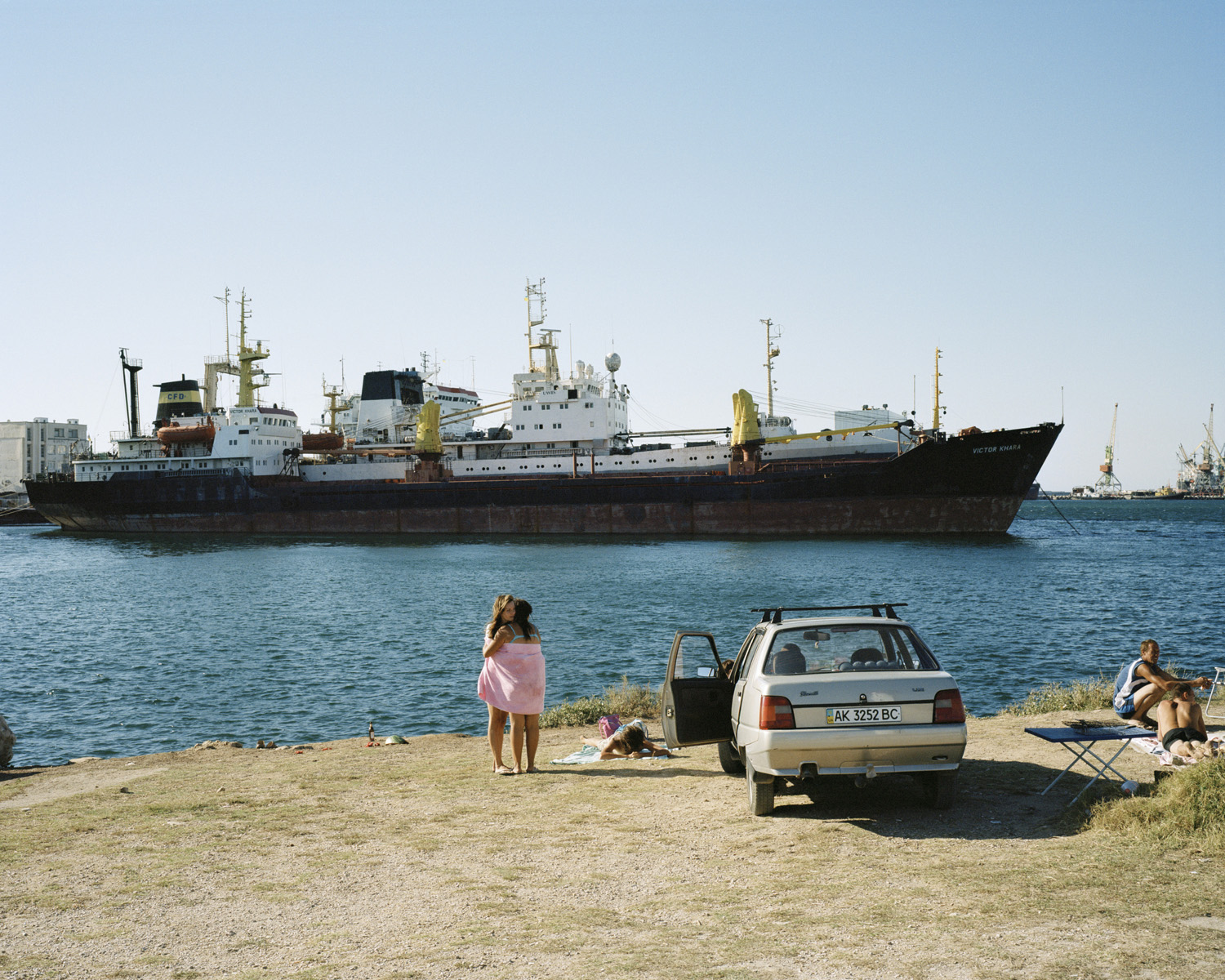
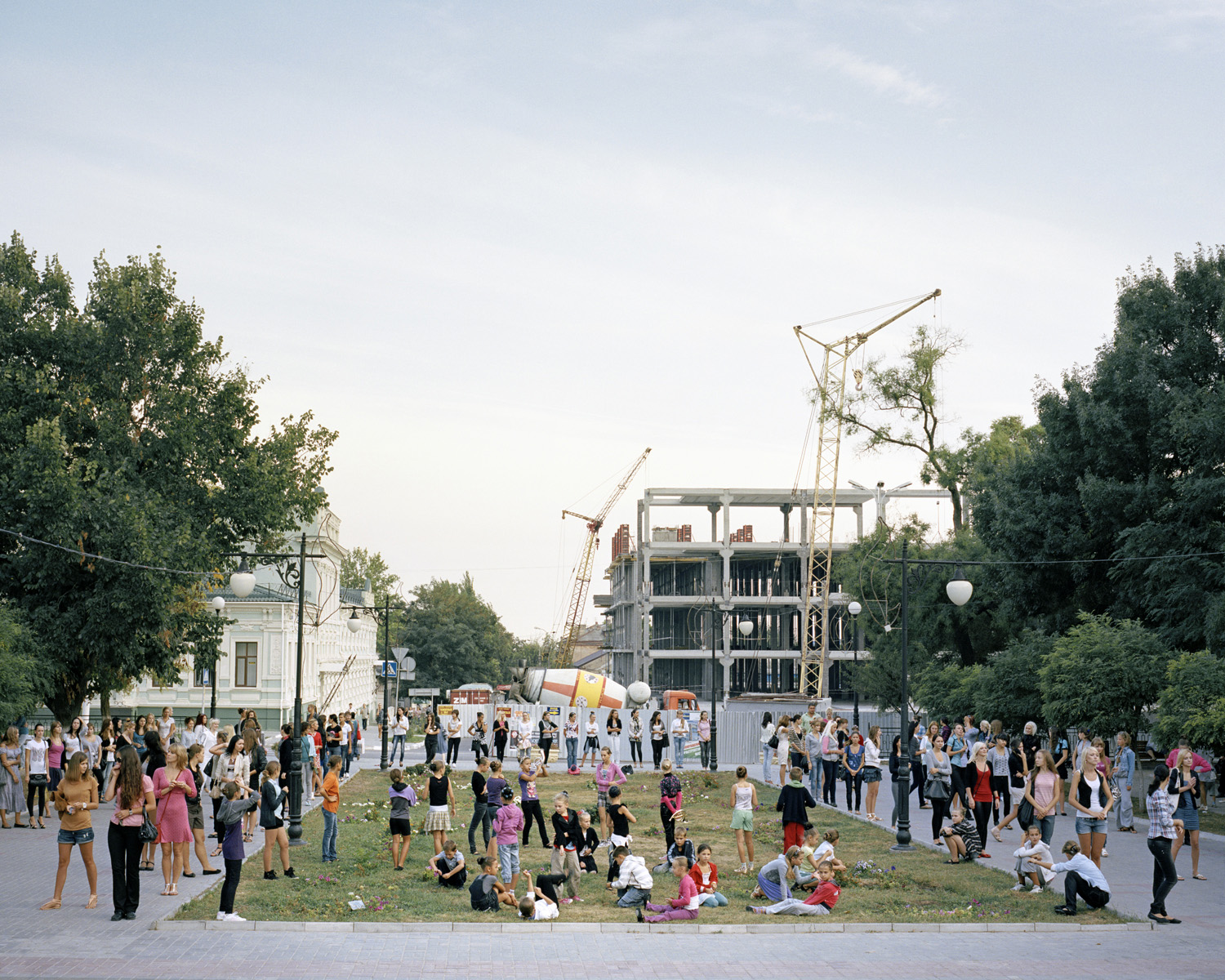


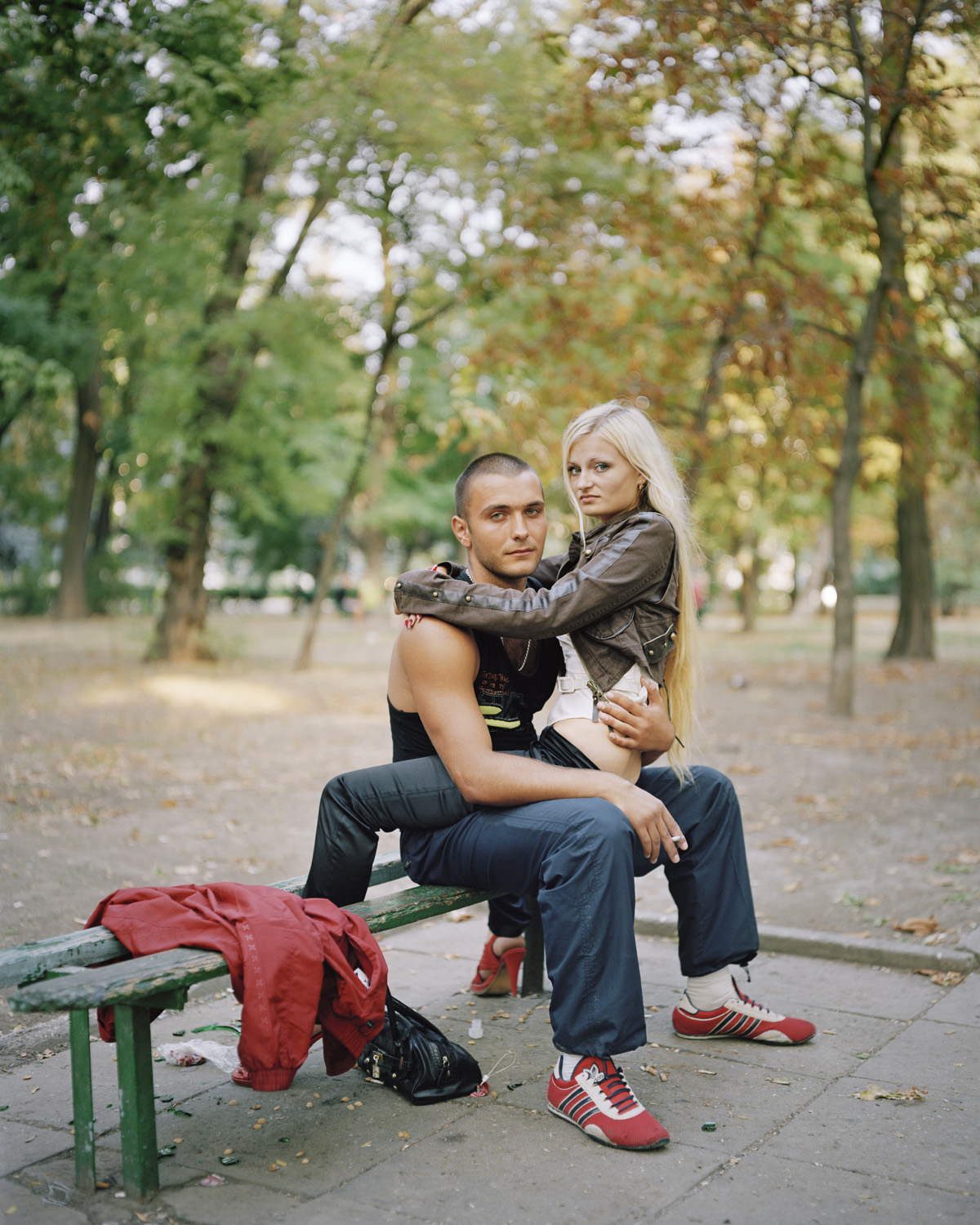
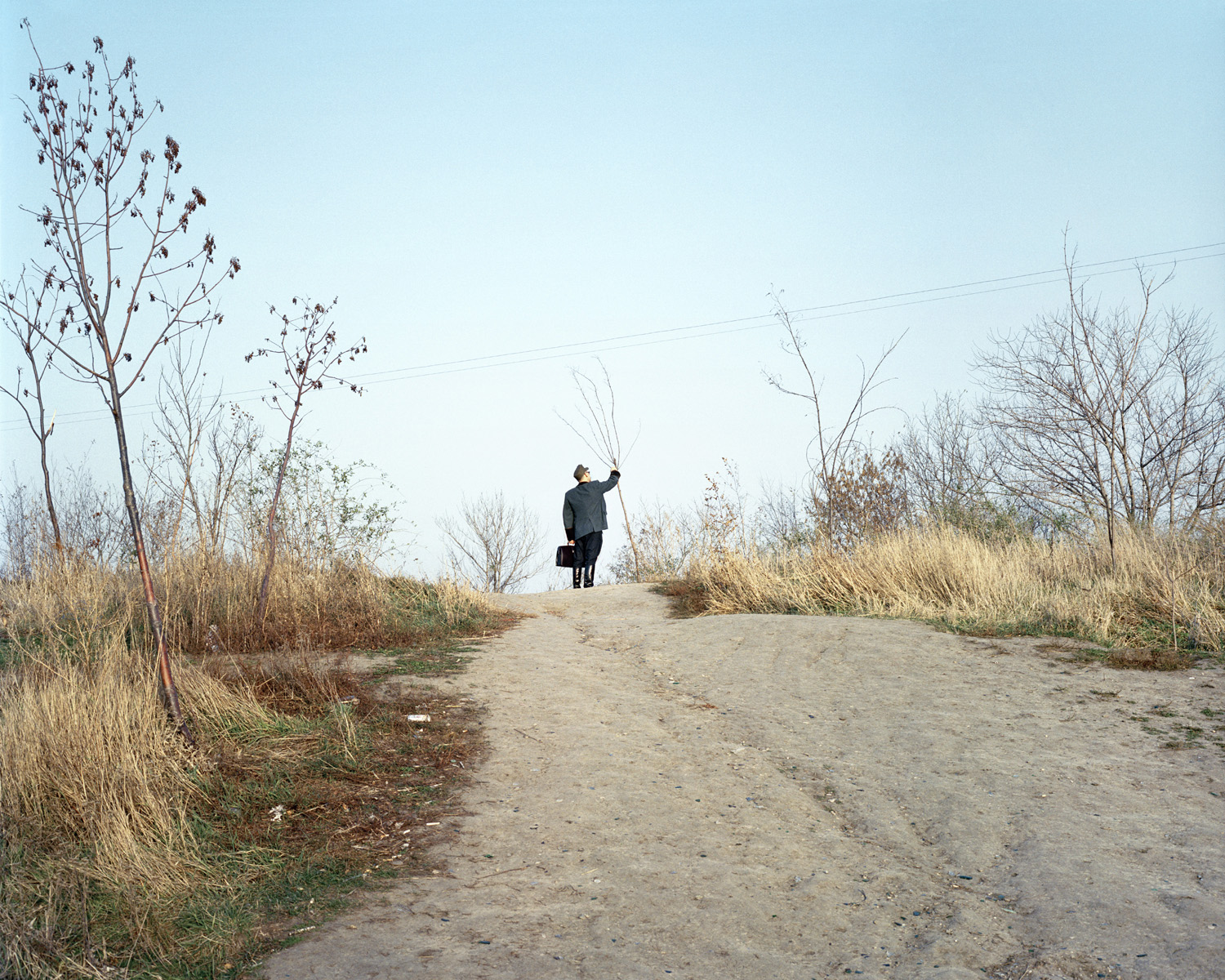

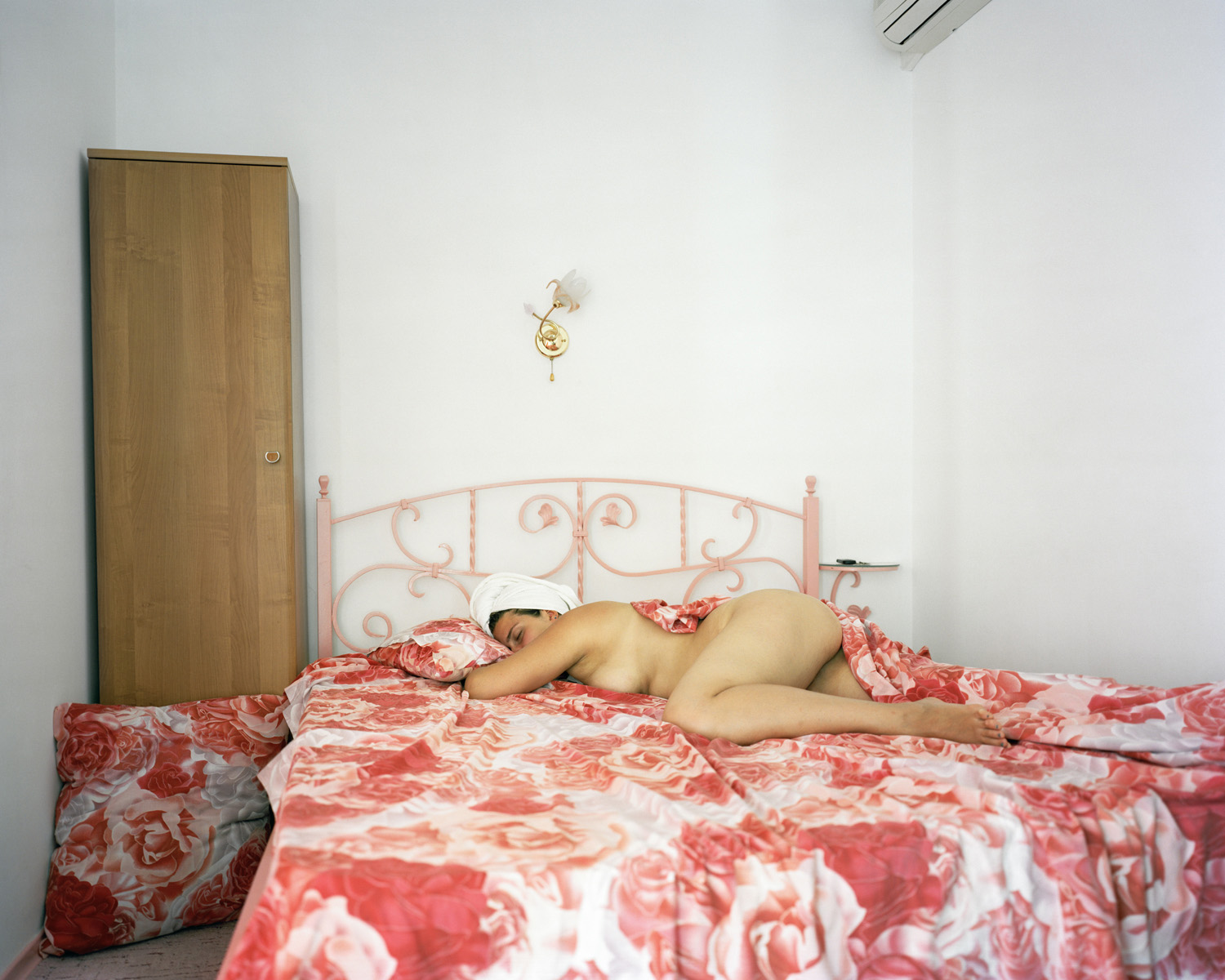

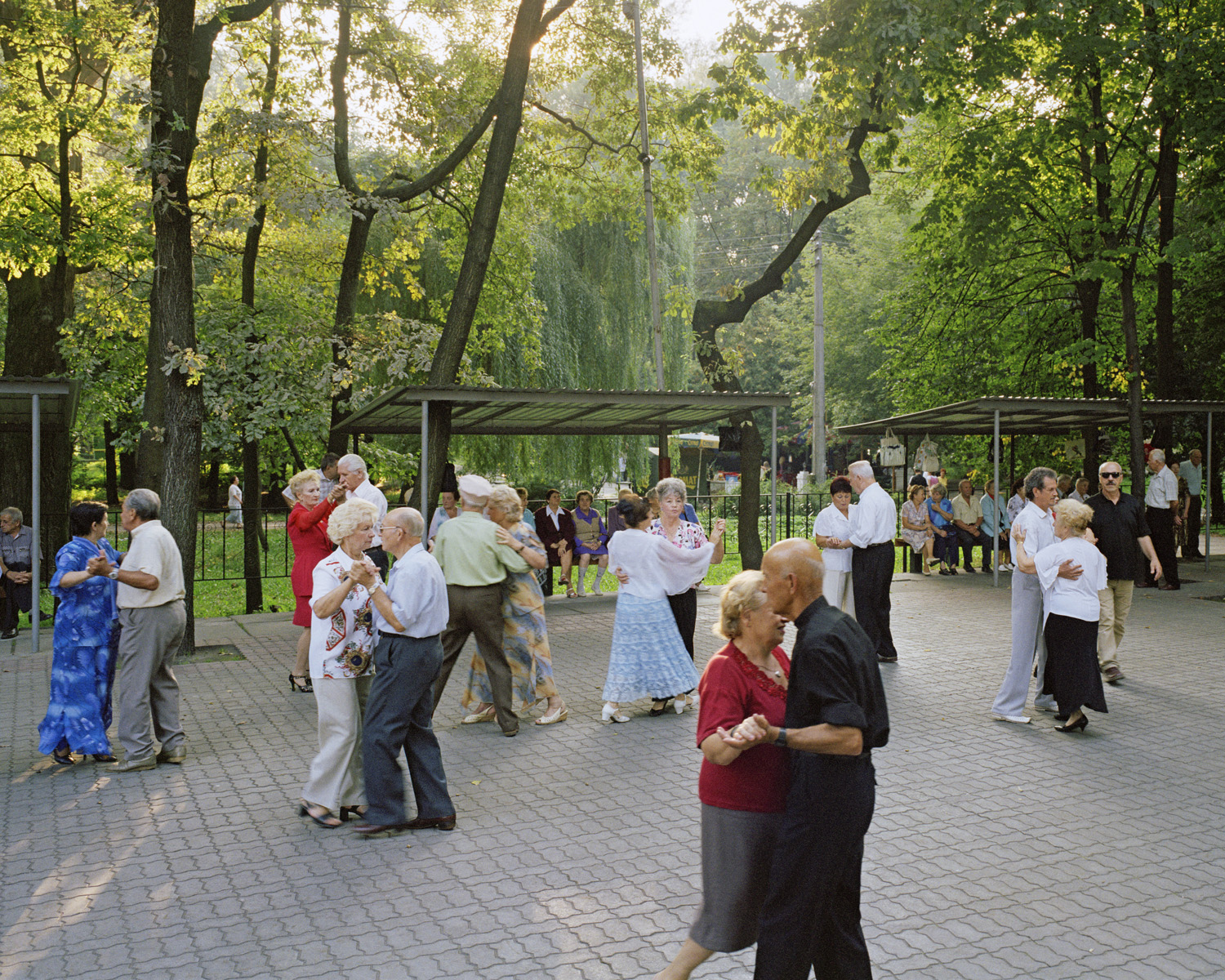

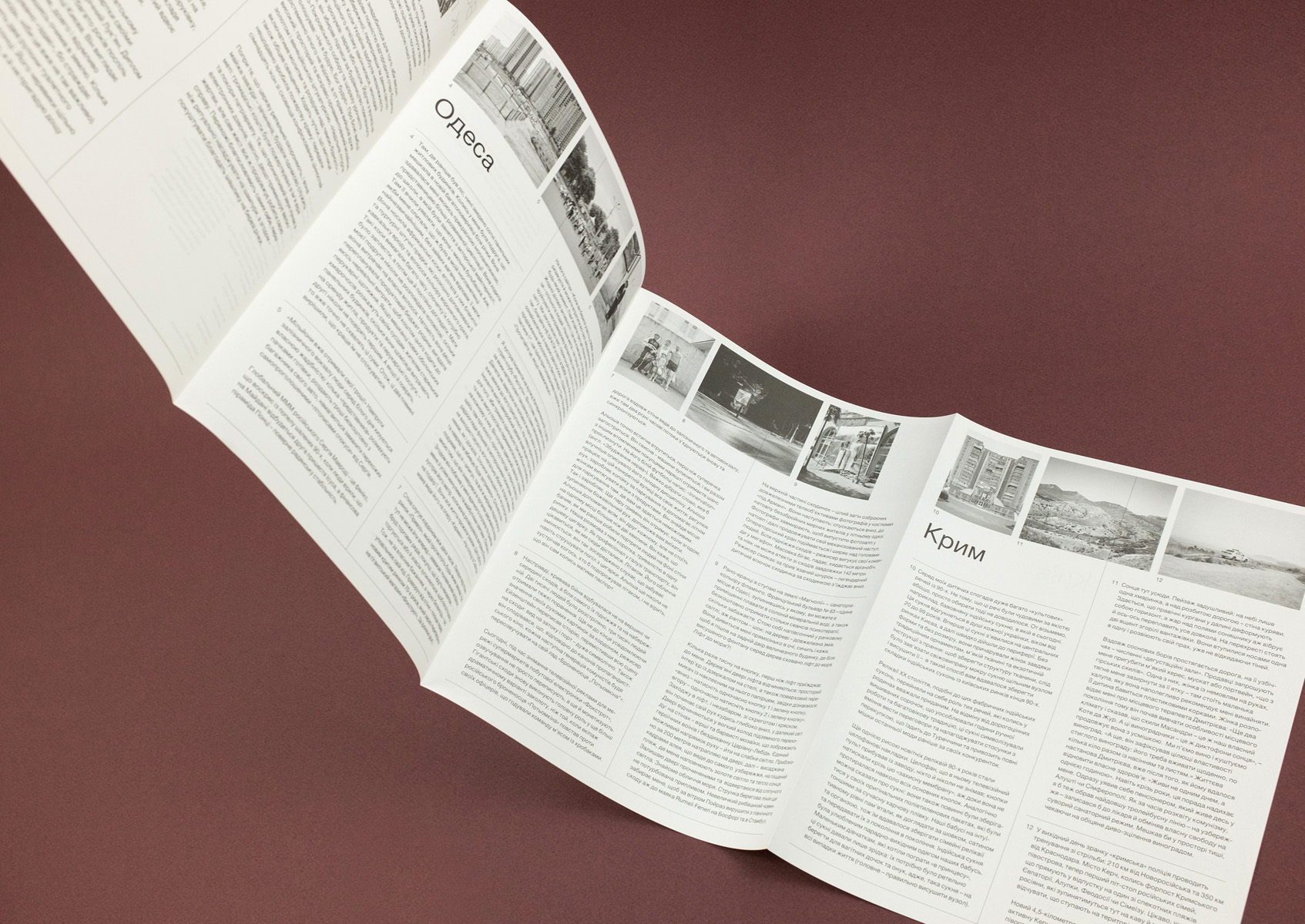
We all work hard on establishing our image in the eyes of a loved one, and constantly choose which pages of our biography will make it to the final draft. That is the version that will be edited by our loved one into an alternative world in the imagination. By the time we are finished telling our story, the world we were describing has already changed.
The intention of ‘Anastasiia, She folds her memories like a parachute’ is to share the personal empowerment of Kyivan Anastasiia through a narrative-driven dialogue with her lover, the photographer. Their conversation is not about the outcome but an end in itself, and proposes an insight in Ukrainian everyday life through the lovers’ intimacy and aspirations.
By articulating in greater depth the ways of seeing and being in the landscape, Anastasiia tells a story of encounter and experience, a mode of inhabiting the world while establishing a personal identity. She is rooted in the Ukrainian landscape and recognizes the layers of history, the anomalies, the fateful spots and dark corners.
Every interpretation of landscape is subjective as it is a collection of fragments sewn together by socially constructed meaning, all the more so when temporal disparities and changing meanings transform someone’s memories of a landscape. What is the (national) identity of this Ukrainian woman and how much of her past is actually created in our collective present? How to define the urban and anthropological landscapes of Ukraine without an exotic representation or unconscious bias?
Imagine Anastasiia and the photographer were drawing cognitive or mental maps of the landscape of Kyiv, Odessa and Crimea. These memory maps were not a test of knowledge but were intended to provide authored collections of information about a place. Places that mattered enough to include them in their maps. They regard these maps as personal representations of Ukraine, as being another way of telling and re-imagining their surroundings.
During this extended process of looking, or being looked back at, Ukraine became very much part and parcel of their own biographies and identities and they developed a deep affection and visceral knowledge of it. Much of this experience sits in bodily memory and is impossible to convey and recount in mere words or pictures; photography by its very nature is elusive. The irony of any exploration of embodied identities in landscape, and the subjective experiences of ourselves is that, as a critical and creative discourse, it attempts to capture that what cannot be captured: much is lost or transformed in the process.
‘Anastasiia, She folds her memories like a parachute' provokes us to question and challenge the everyday world we have been given. The generation of Anastasiia, the first to be born after independence (1991), is living in the spirit of revolution and presents itself in a desire to shape their own future. They share the unique grit of the landscape that is part of who they are. It is the potential of the subjective documentary approach to intervene in our understanding of our social world and our perception of opportunity for action within it.
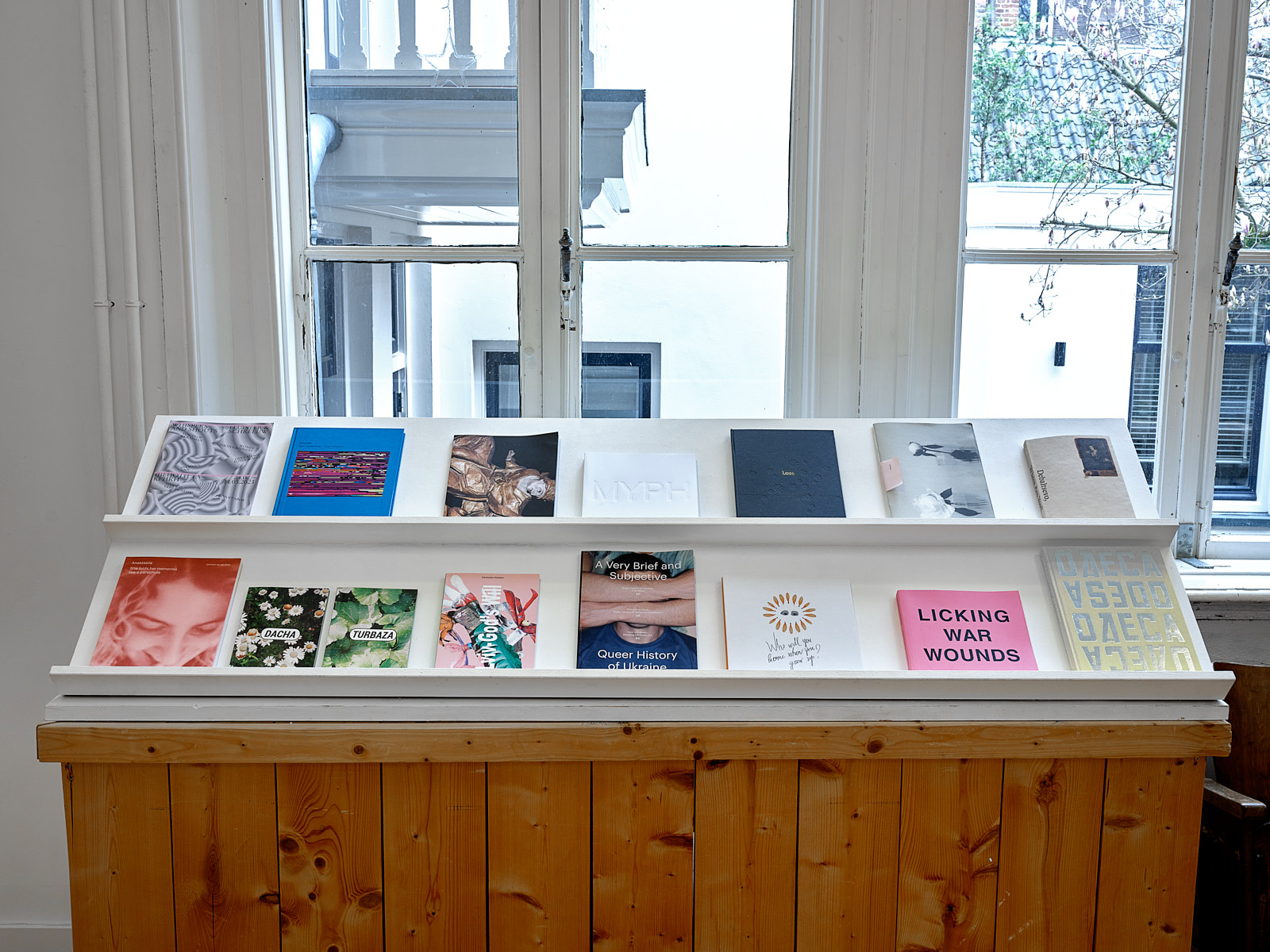
Anastasiia as part of selection of contemporary photobooks on Ukraine in FOTODOK’s
WHISPERS AND SHOUTS – Voices of Ukrainian Woman Photographers,
curated by Daria Tuminas, Utrecht, Feb. 25 - May 14 2023
Odesa by Yelena Yemchuk
Loss by Katia Motyleva
Hidden by Elena Subach
NA4JOPM8 by Igor Chekachkov
Licking War Wounds by Lia Dostileva and Andrii Dostilev
Debaltsevo, Where Are You? by Karine Versluis
A Very Brief and Subjective Queer History of Ukraine by Anton Shebetko
Who will you become when you grow up? by Maryna Brodovska
Dacha and Turbaza by Viktoriia Tymonova
Lviv-God's Will by Viacheslov Poliakov
Myph by Sergey Melnitchenko
I Love You by Katya Lesiv
Photo by studio Hans Wilschut
Loss by Katia Motyleva
Hidden by Elena Subach
NA4JOPM8 by Igor Chekachkov
Licking War Wounds by Lia Dostileva and Andrii Dostilev
Debaltsevo, Where Are You? by Karine Versluis
A Very Brief and Subjective Queer History of Ukraine by Anton Shebetko
Who will you become when you grow up? by Maryna Brodovska
Dacha and Turbaza by Viktoriia Tymonova
Lviv-God's Will by Viacheslov Poliakov
Myph by Sergey Melnitchenko
I Love You by Katya Lesiv
Photo by studio Hans Wilschut
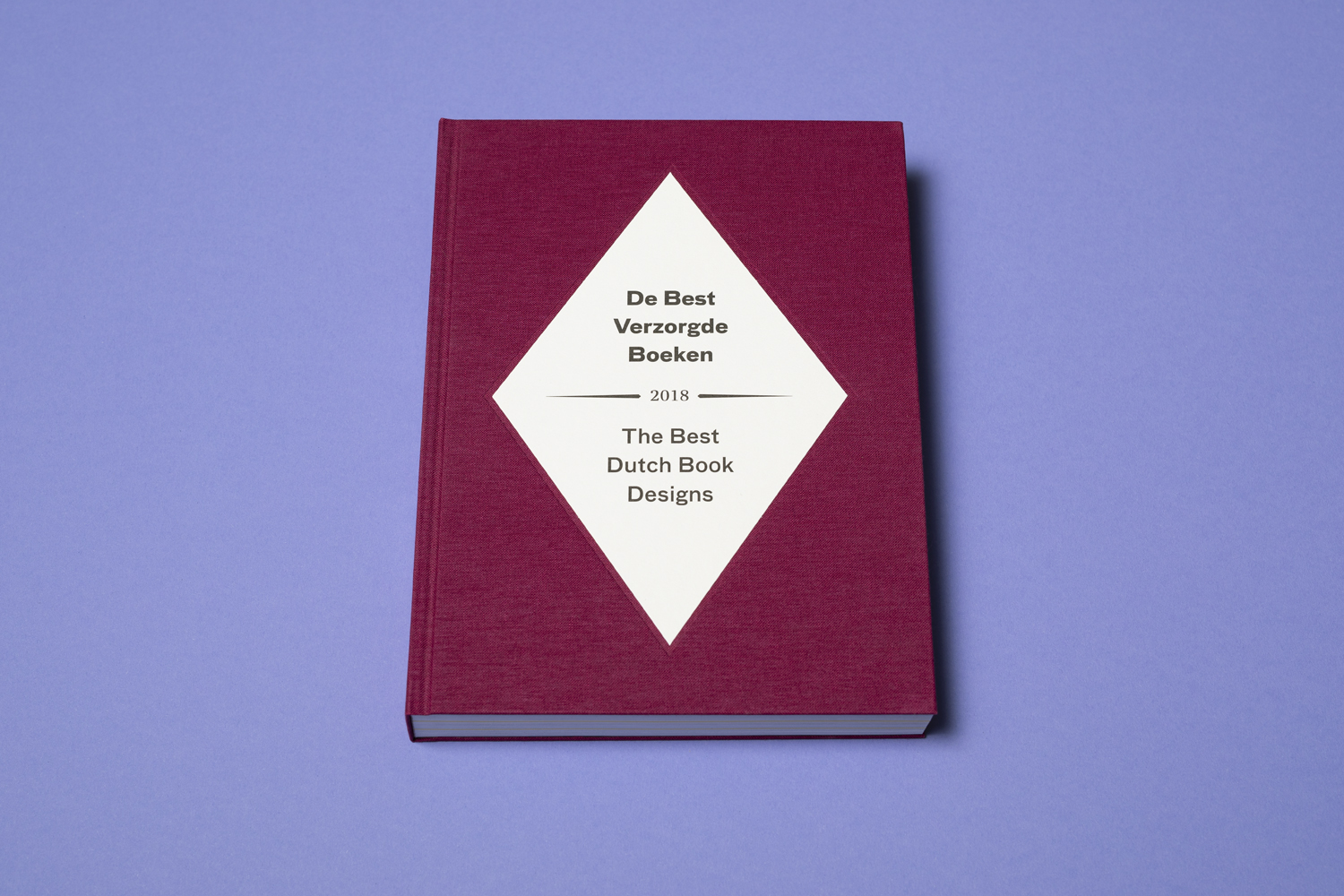
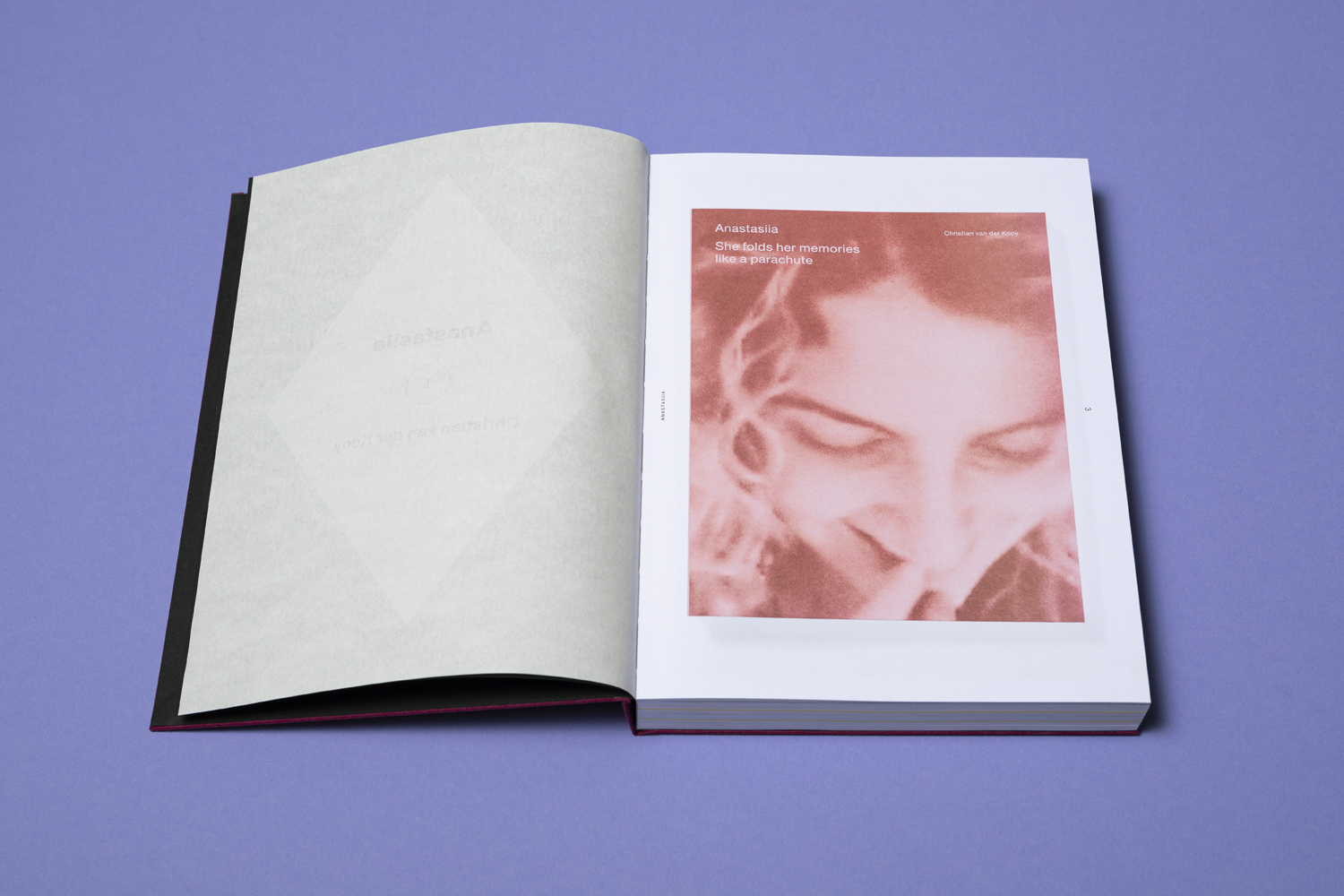
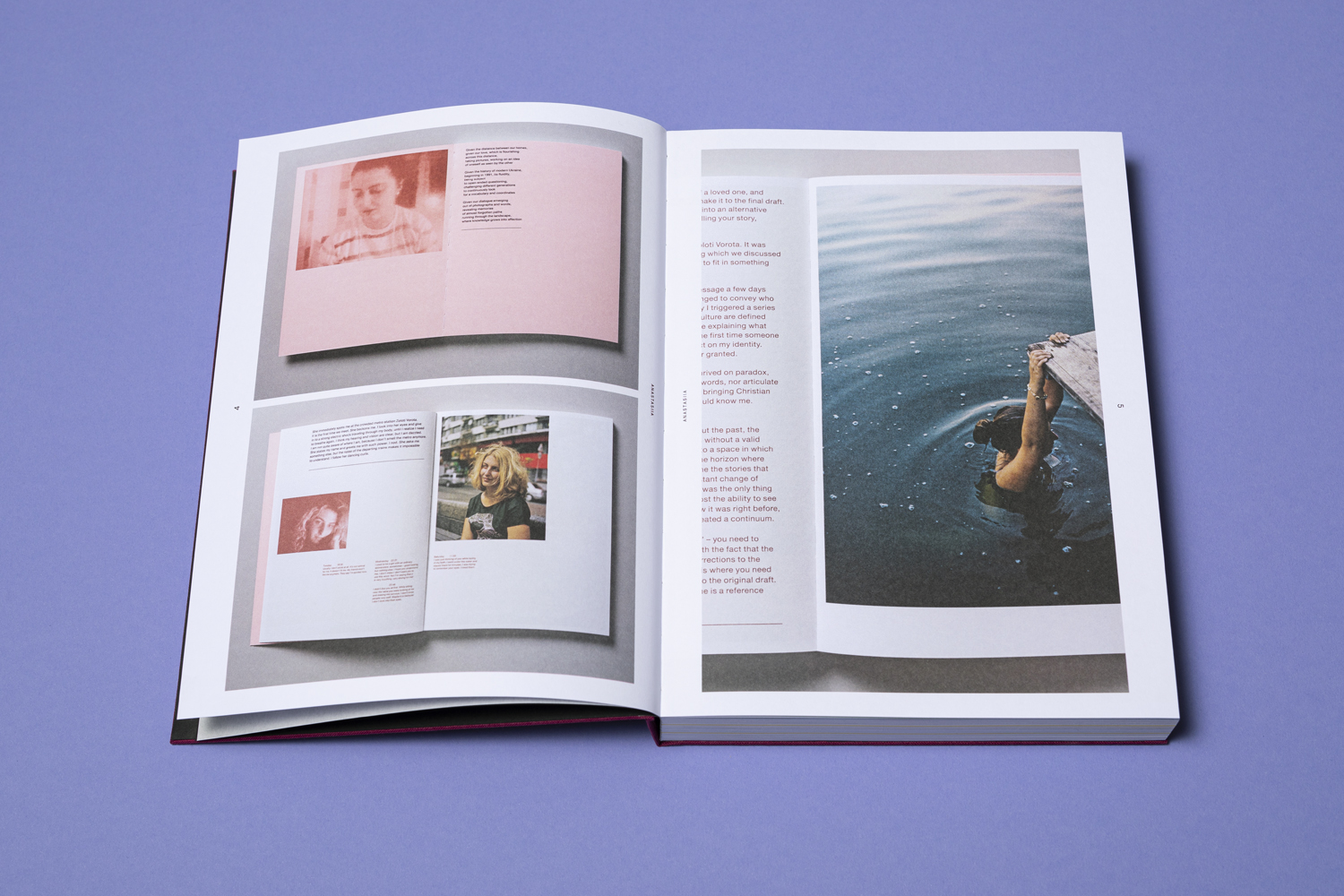
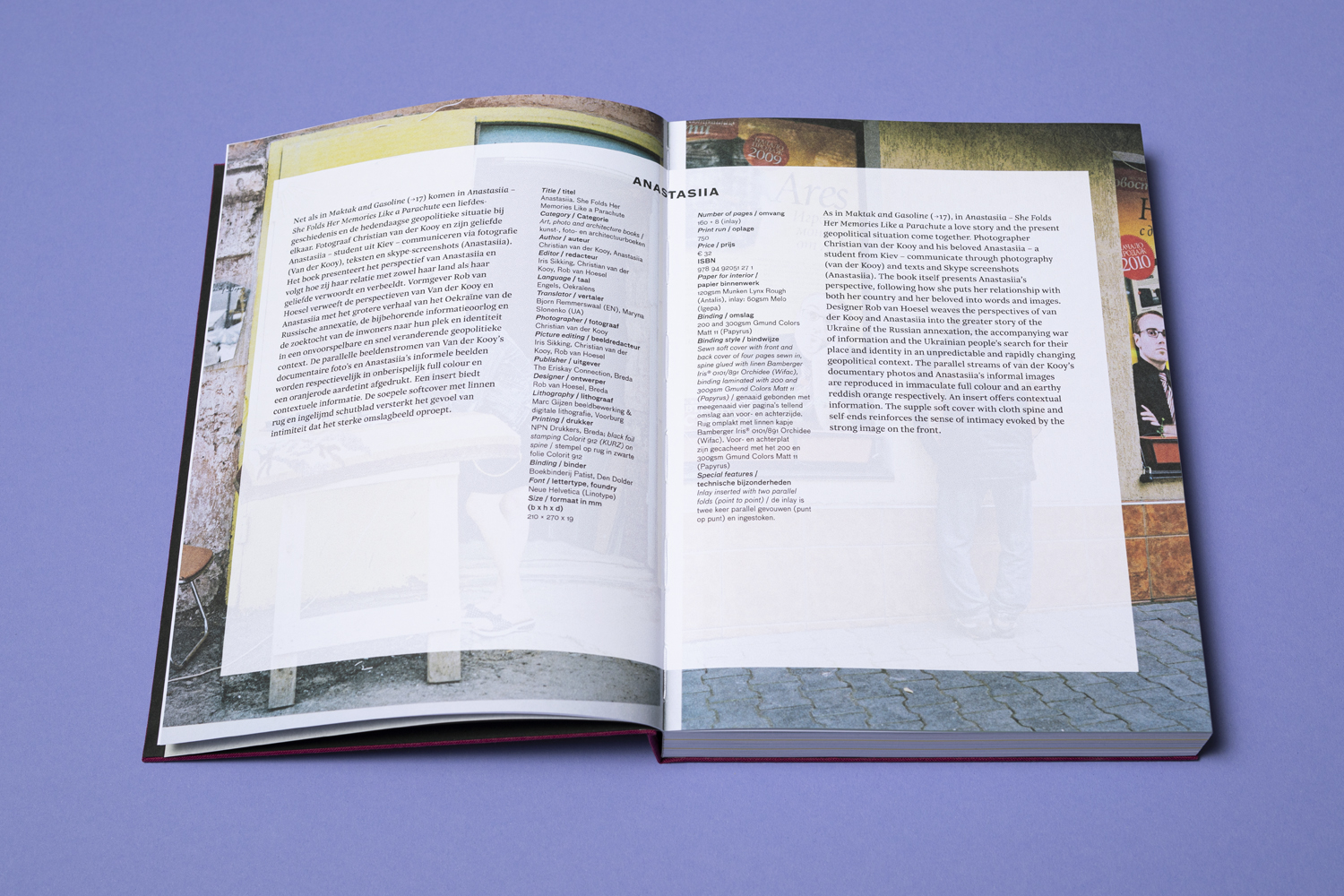
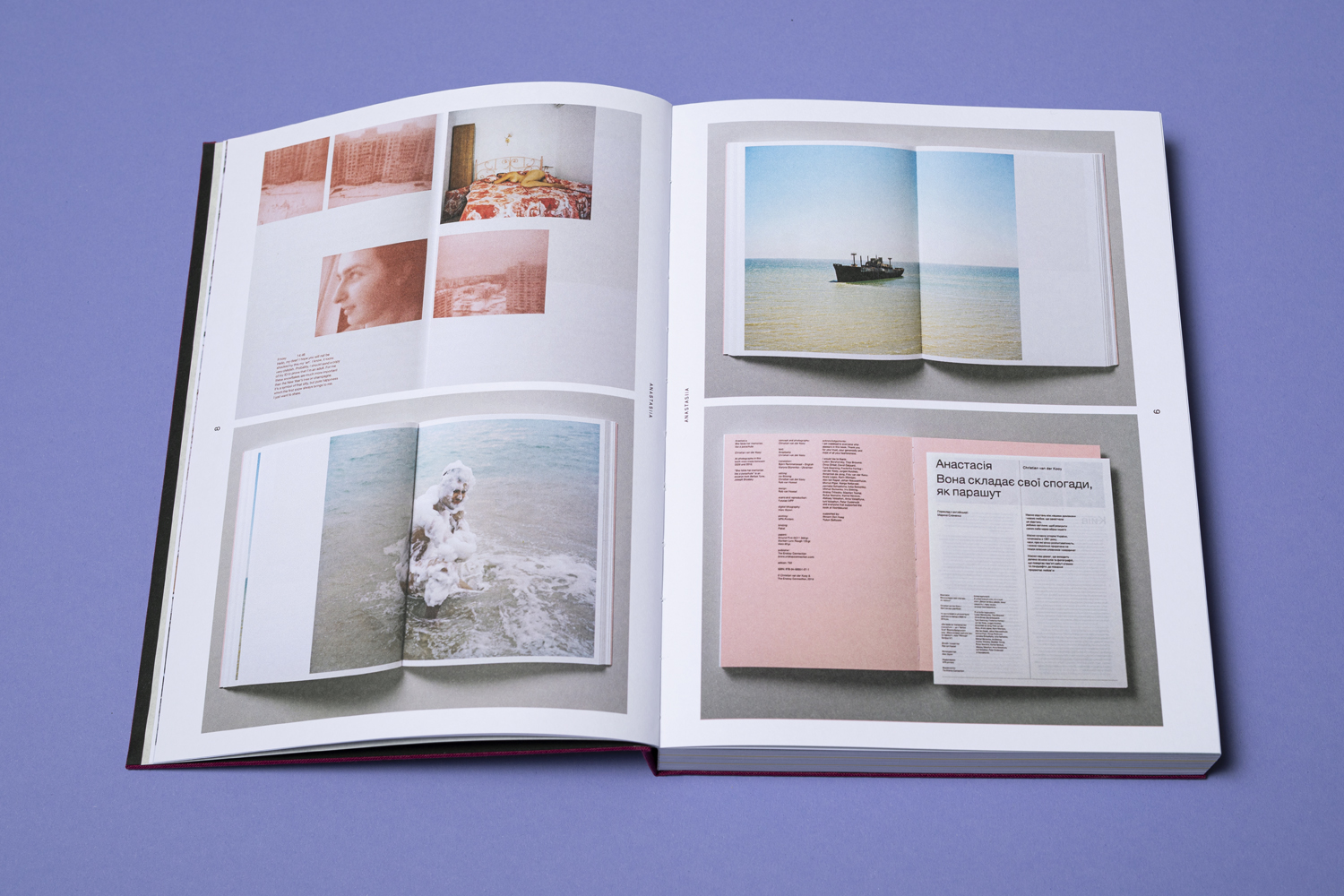

Fotokroniek Special - Nederlandse Fotoboekenprijs 2019
Pakhuis De Zwijger, Amsterdam
Nominated for ‘Overall Best Photobook’ with Viviane Sassen
(’of mud and lotus’) and Henk Wildschut (’Ville de Calais’).
The jury with Edie Peters, Merel Bem, Rob Hornstra, Narda van ’t Veer, Wannes Ketelaars, Bert Teunissen, and moderator Luuk Heezen.
Nominated: Henk Wildschut, Tobias Bijl, Rein Jelle Terpstra, Lilia Luganskaia, Charlotte Dumas, Ellis Doeven, Viviane Sassen and Christian van der Kooy.
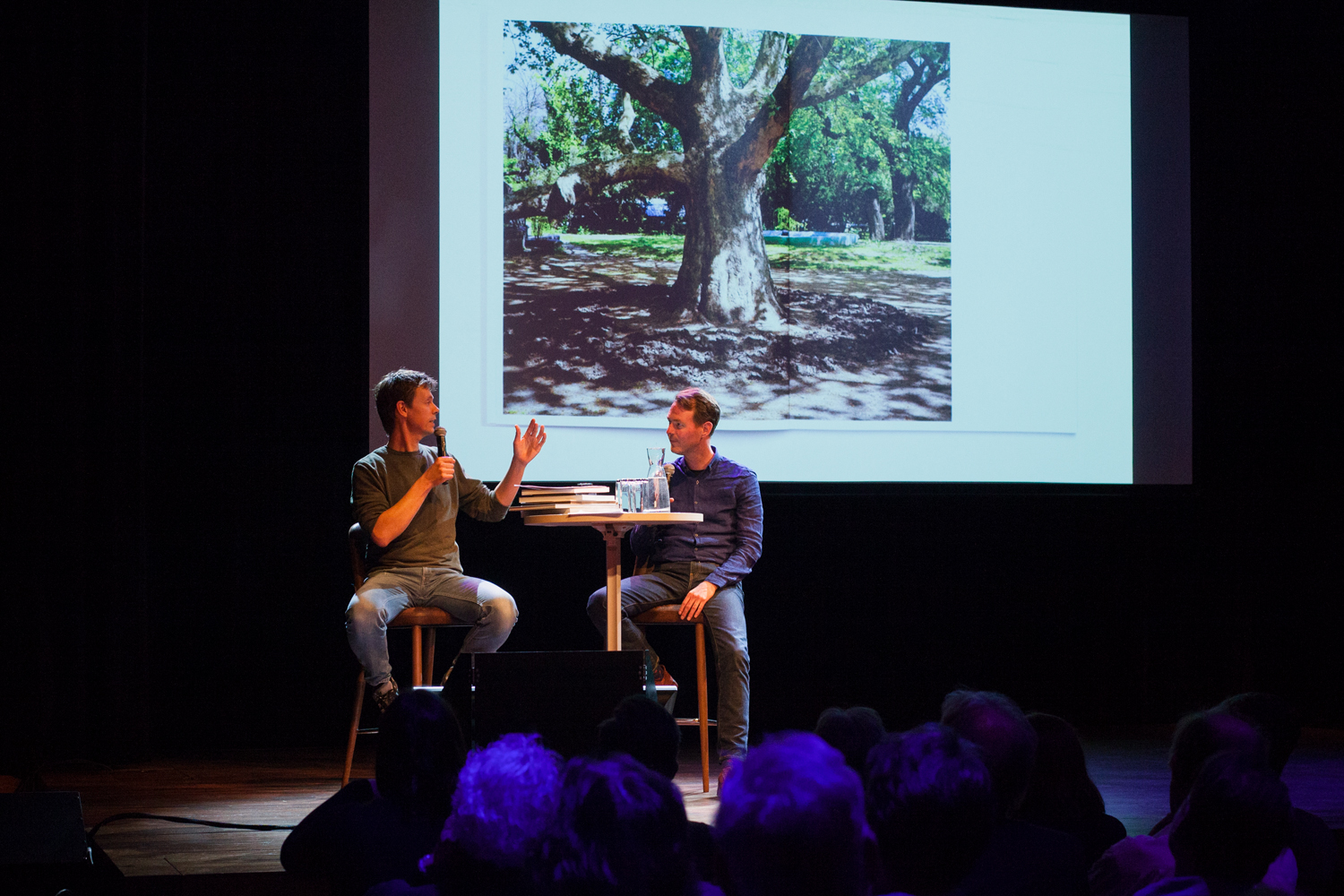

FOTODOK Book Club #14, with Rob Hornstra, Robin de Puy, Christian van der Kooy and Andrew Phelps
 Steenbergen Stipendium 2018, interview with Andrea van Pol, Nederlands Fotomuseum
Steenbergen Stipendium 2018, interview with Andrea van Pol, Nederlands FotomuseumFact Sheet:
TEC054 © 2018 | 210 × 270 mm | 168 p | + inlay | softcover with cloth spine |
full-colour | EN and Ukr. | edition: 750 | ISBN: 978-94-92051-27-1 |
eriskayconnection.com
concept and photography: Christian van der Kooy
text: Anastasiia and Christian van der Kooy
editing: Iris Sikking, Christian van der Kooy and Rob van Hoesel
translations: Björn Remmerswaal and Maryna Slonenko
design: Rob van Hoesel
scans and reproduction: Fotolab MPP
digital lithography: Marc Gijzen
print: NPN printers
binding: Patist
supported by: Mondriaan Fund & Stroom Den Haag
(crowd)funded with Voordekunst and Yukon Software